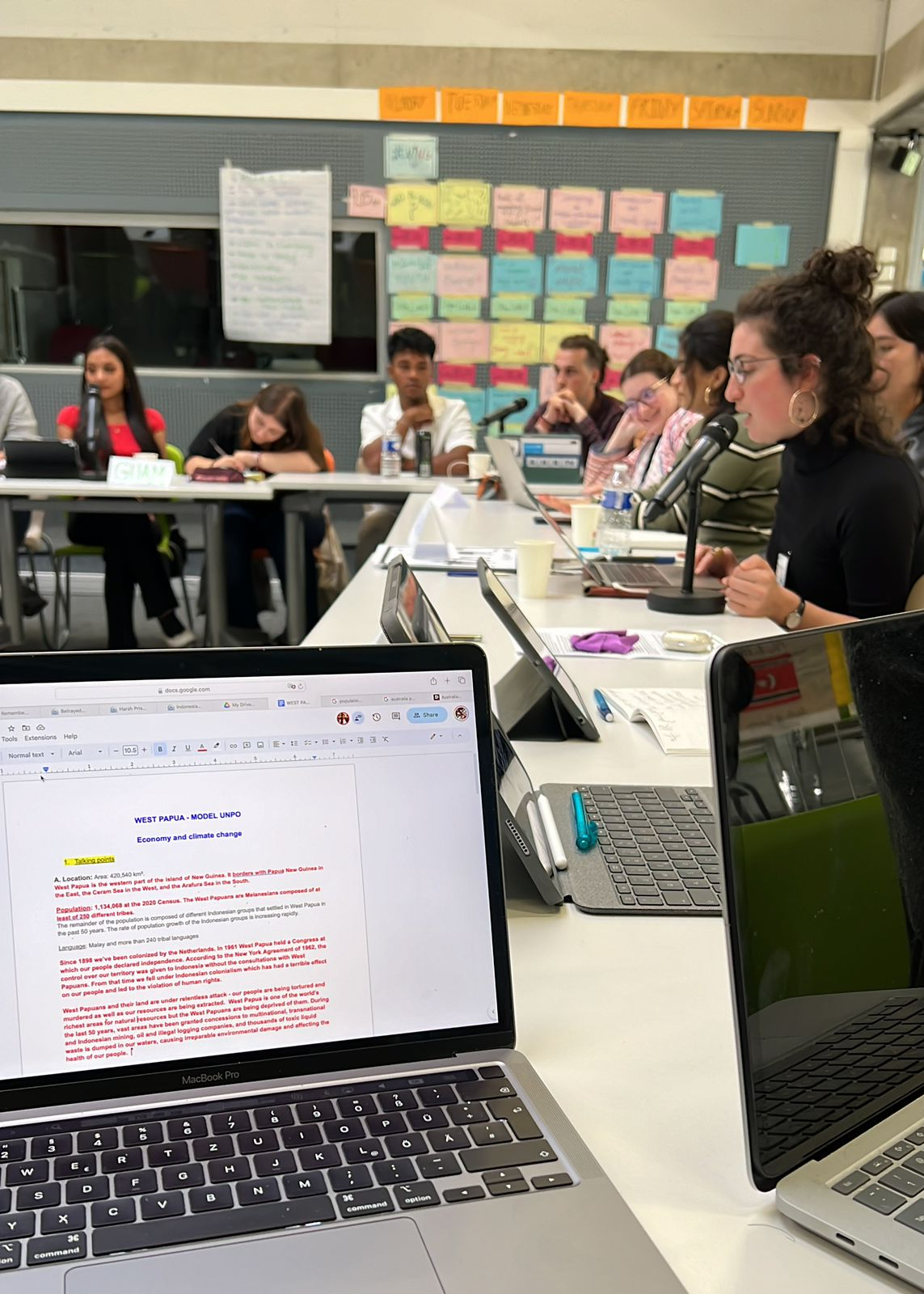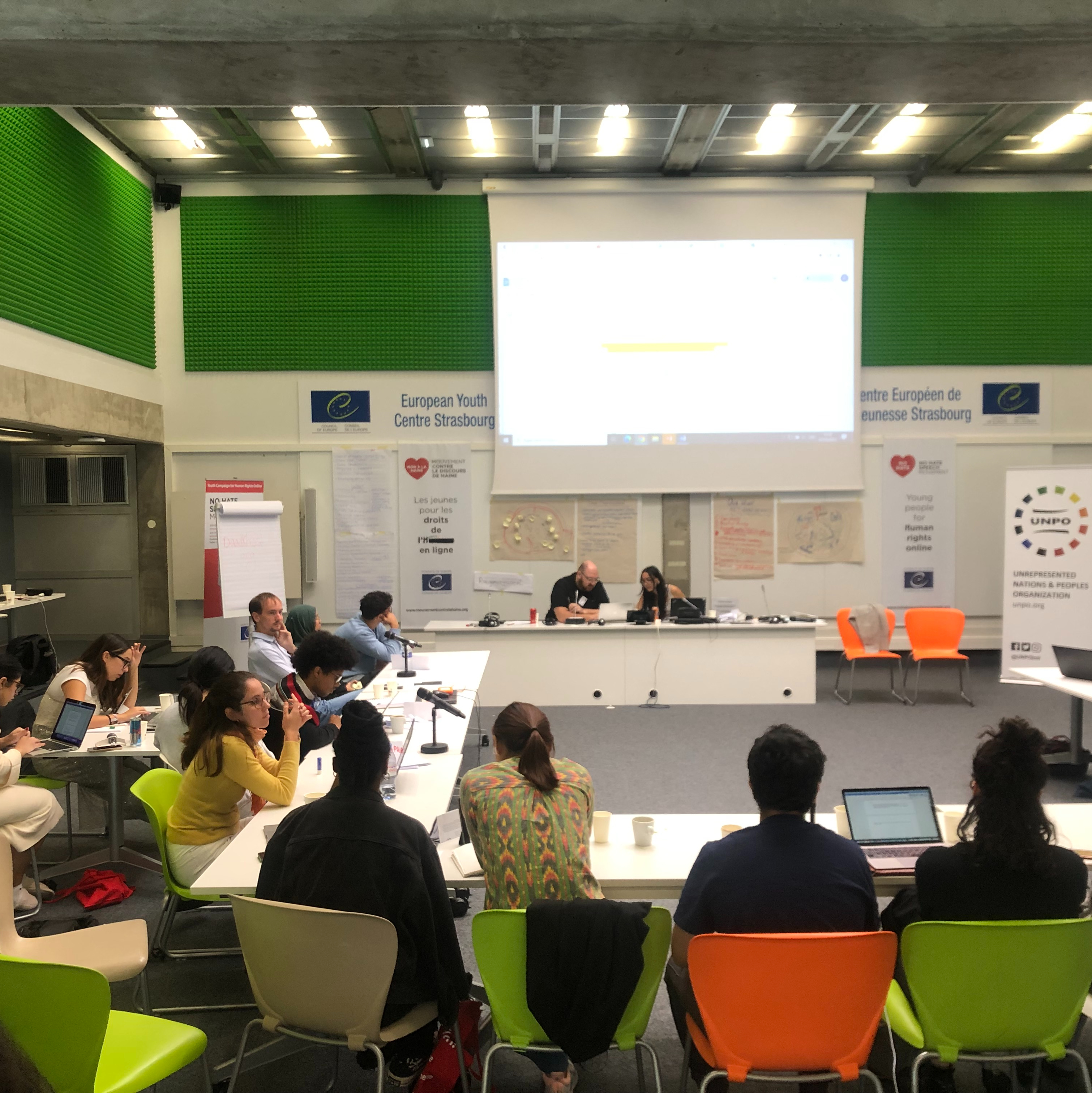






Model UNPO:
Revolutionizing the way young people engage with global issues.
Model UNPO offers a unique platform for role-play and debate. Developed in collaboration with partners at the University of Oxford, this innovative project aims to empower youth to understand and become advocates for marginalized communities worldwide.

Model UNPO offers an opportunity for young people to develop the tools and confidence to become advocates for their communities through practicing public speaking and debating skills.
Professor Fiona McConnell, University of Oxford
Background


Inspired by an initiative developed by Brazilian students we have been working with our partners at the University of Oxford to develop Model UNPO materials for youth groups and for schools.
Model UNPO is based on “Model United Nations” simulations, with with young people being assigned roles as representatives of stateless nations, indigenous peoples, and minority communities instead of representatives of nation-states and enacting UN meetings.
The focus of the debate could be issues around minority rights, human rights, conflict resoution, language rights, youth issues, gender discrimination, and environmental justice.
To date, Professor Fiona McConnell and Dr Liam Saddington, Teaching Associate in Human Geography from the University of Cambridge, have run Model UNPO activities at 13 secondary schools and 17 primary schools in the UK. Model UNPO has also been run at UNPO and Council of Europe study sessions with youth groups in 2021, 2022, 2023 and 2024.
Resources
Explore our briefing tools and resources below to set up and carry out your own Model UNPO. The instruction sheet includes guidance on how to run the lesson.
Impact
1
Enables youth groups to run role-play debating exercises on issues that directly affect their communities.
2
By engaging in this simulation participants acquire further knowledge on advocacy and negotiation techniques, as well as skills in leadership and dipomatic practice.
3
Enables youth groups to run role-play debating exercises on issues that directly affect their communities.
By engaging in this simulation participants acquire further knowledge on advocacy and negotiation techniques, as well as skills in leadership and dipomatic practice.
Fosters community building and a further understanding of conflict resolution and peace building.


Tell us about your Model UNPO!
We’d love to hear about your Model UNPO experience! Whether it’s the ideas you discussed, the challenges you tackled, or the connections you made, your story matters. Share how participating in Model UNPO inspired you, helped you grow, or strengthened your understanding of advocacy for unrepresented communities. Your experience could inspire others to join and make a difference!

